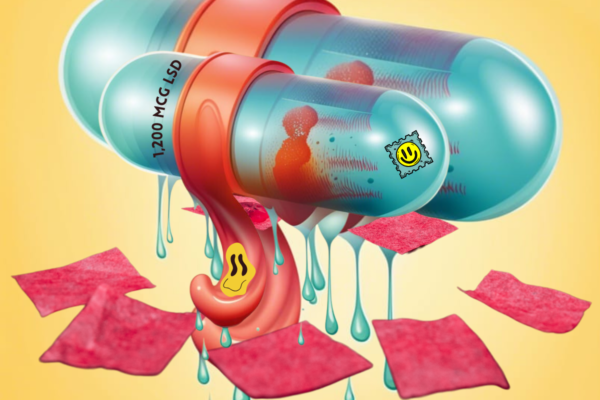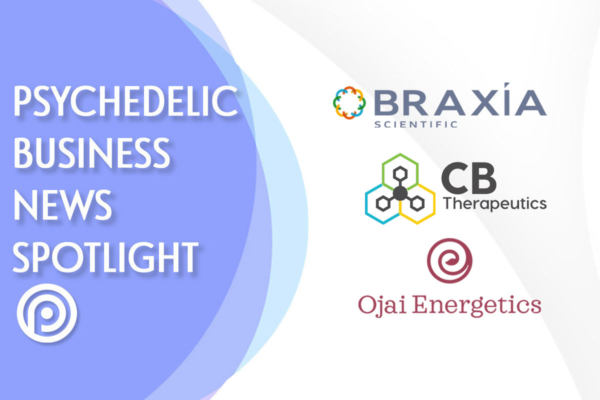
Researchers at The Centre for Psychedelic Research at Imperial College London will begin exploring psilocybin-assisted therapy as treatment for gambling disorder in October.
The main goal of the study is to detect changes in the brain’s reward system while the volunteers engage in gambling-related activities and while exposed to gambling-related stimuli in men addicted to gambling and age-matched non-gambling healthy individuals (‘controls’).
The study participants will have health screening and will be given psilocybin in combination with talk therapy. The researchers will use functional magnetic resonance imaging (fMRI) and and electroencephalography (EEG) in order to assess whether there are changes in the brain’s reward system while the volunteers are performing a gambling tasks and while watching gambling and non-gambling-related videos.
The leading researchers including, Professor David Nutt, Dr. David Erritzoe, Dr., Matt Wall and Rayyan Zafar, PhD, from Imperial College Centre for Psychedelic Research and Neuropsychopharmacology, hope that the study will help them in developing better treatments for people struggling with addictions.
They also hope that the study results will help them develop more advanced brain imaging methods which would be able to simultaneously measure brain activity and brain messenger molecules. Developing more sophisticated brain imaging techniques goes beyond addiction research as it would advance the general field of brain science.
“The current clinical treatment paradigm for gambling addiction in the UK is a psychosocial intervention such as Cognitive Behavioural Therapy (CBT) with some patients being prescribed naltrexone off-label. To date, there are no licensed pharmacological interventions for Gambling Disorder,” Rayyan Zafar says.
“Given the similarities in clinical and brain characteristics between substance use addictions and behavioral addictions we believe psychedelics may be able to target the same psychological and physiological mechanisms underlying this condition.”
Research into psilocybin’s capability to curb addiction is not new.
A 2022 study published in Nature provided more evidence that psychedelics could serve as a major tool in the fight against opioid addiction, with psilocybin users, in particular, being up to 34% less likely to have opioid use disorder (OUD).
“Psilocybin was the sole classic psychedelic substance associated with lowered odds of past year OUD in a large, nationally-representative sample of the U.S. population,” write study authors Grant Jones, Jocelyn A. Ricard, Joshua Lipson and Matthew K. Nock. “These findings accord with other population-based survey research indicating that classic psychedelics share differing relationships to mental health outcomes in naturalistic contexts.”
Read more: New Study Links Psilocybin to Lower Risk of Opioid Addiction
Another 2022 study published in JAMA Psychiatry also indicated that psilocybin-assisted therapy may be useful in reducing heavy drinking in patients with alcohol use disorder. According to the extremely conclusive results, the percentage of heavy drinking days for patients in the psilocybin group fell to 9.7%, significantly reducing average heavy drinking days by 83%.
Read more: Psilocybin Reduces Heavy Drinking In Patients with Alcohol Use Disorder
In 2014, a pilot study found that psilocybin-assisted therapy could help long-time smokers to quit. Six months later, 80% of participants continued to abstain from smoking.
Recognizing these trends, Zafar proposes that if psilocybin proves effective in treating substance addictions, it could potentially yield equally favorable results in addressing gambling addiction. Zafar suggests that individuals with gambling addiction display similar brain characteristics to those with other addictions, such as alcohol or heroin.
The study will receive funding from Imperial College London as part of the U.K. government funding. Zafar highlighted this as a significant step forward in the broader acceptance of psychedelic medicines. This funding serves as a positive indicator of progress in this field.
“Historically with psychedelic research in the U.K. there’s been very little institutional or government-backed funding so this is a really positive sign,” Zafar stated. “Maybe it’s a sign times are changing. It’s becoming more of a priority area and it’s no longer a fringe science.”





